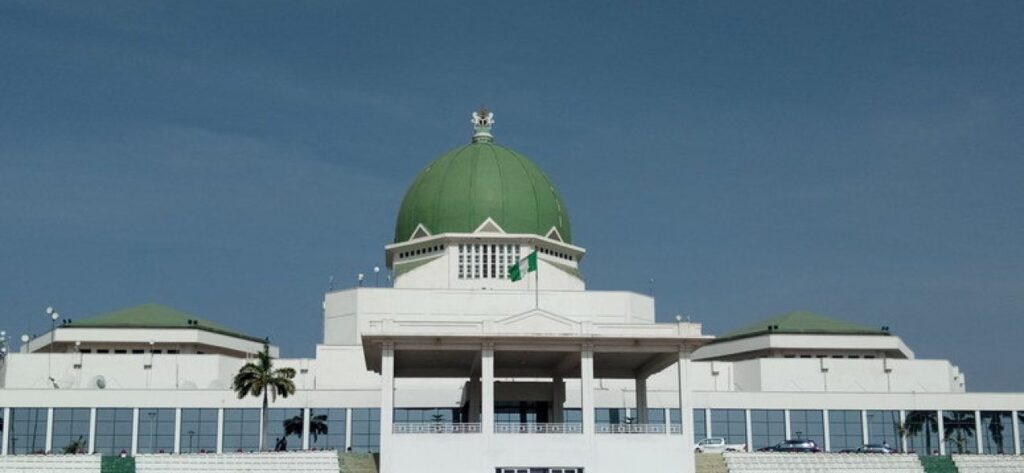Prominent Lawyer and Public Affairs Analyst, Maxwell Opara, has urged the National Assembly to redirect its focus from the controversial rotational presidency bill to critical amendments in the country’s electoral laws, especially in light of judicial observations from the 2023 general elections.
Opara made this call during an interview on Arise News, following the House of Representatives’ rejection of the bill proposing the institutionalization of rotational presidency among Nigeria’s six geopolitical zones.
The bill, sponsored by Deputy Speaker Benjamin Kalu, was dismissed during plenary on Tuesday after lawmakers argued that the existing federal character principle in the Constitution already addresses issues of inclusion and representation.
READ ALSO:
Reacting to the development, Opara stated that while the bill’s intentions may appear noble, it ultimately misplaces legislative priorities at a time when the integrity of Nigeria’s electoral process requires urgent attention.
“The intention of Benjamin Kalu in proposing the bill is to ensure that each zone of this country has a fair share in the presidency. But the real question is—will this solve Nigeria’s core issues?” Opara asked.
He further emphasized that rather than focusing on politically divisive constitutional amendments, lawmakers should take cues from the rulings of the Court of Appeal and the Supreme Court during the 2023 elections to strengthen the legal framework guiding future polls.
“This energy being used to push for a rotational presidency should be channelled into amending the electoral laws. The judiciary highlighted gaps during the last election cycle that can guide meaningful legislative reforms ahead of 2027,” he stressed.
Opara pointed to the widespread support enjoyed by candidates across geopolitical lines in 2023—specifically referencing Peter Obi’s cross-regional appeal—as evidence that Nigerians are increasingly voting based on competence rather than ethnicity.
“Nigerians know who is competent—whether you’re from the North or South. What happened in 2023 shows that merit matters more to the people than where you come from.”
Describing the rotational presidency proposal as a “misapplication of priority”, Opara called on the National Assembly to realign its focus with the democratic aspirations of Nigerians and work toward electoral reforms that can ensure free, fair, and credible elections in 2027.















